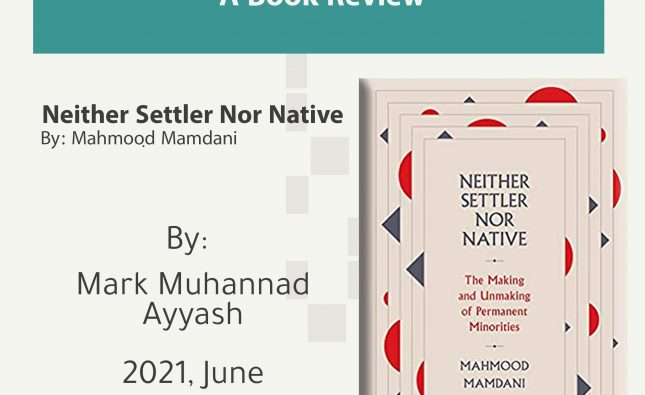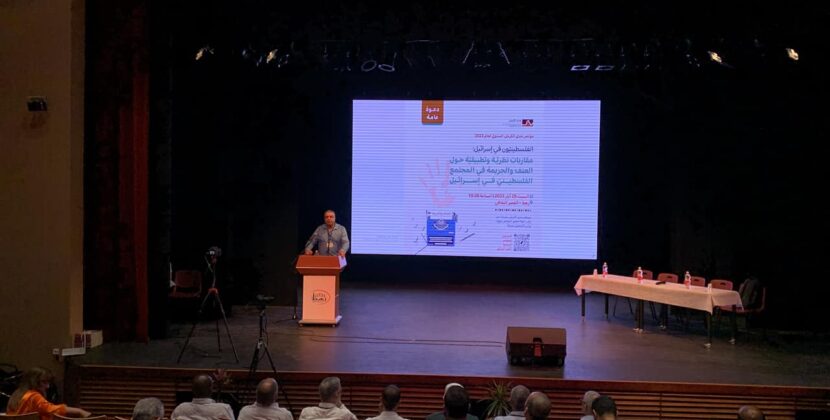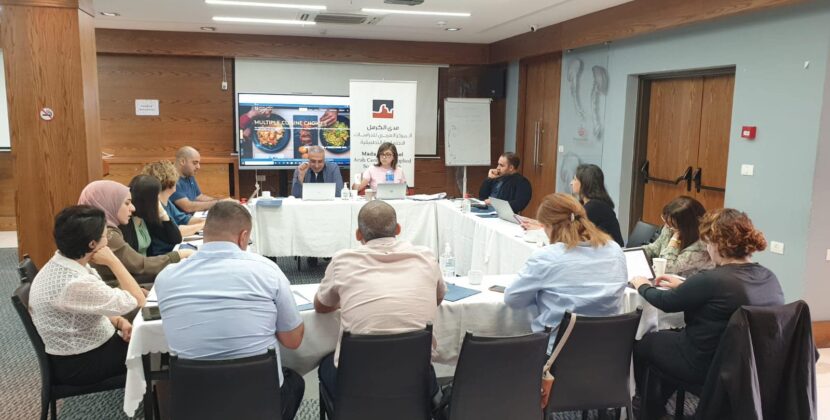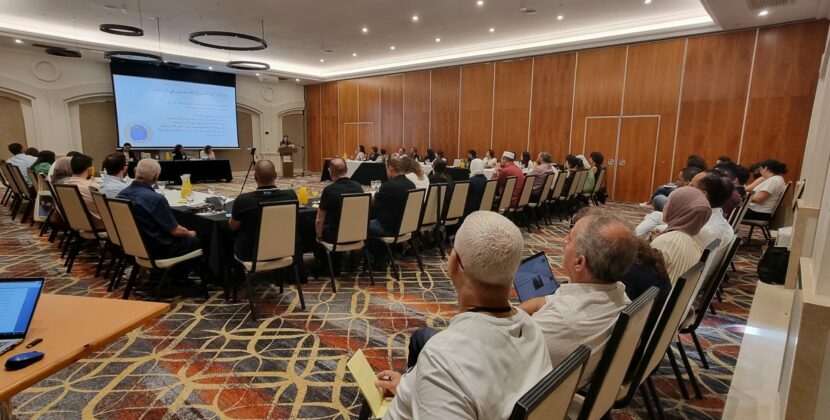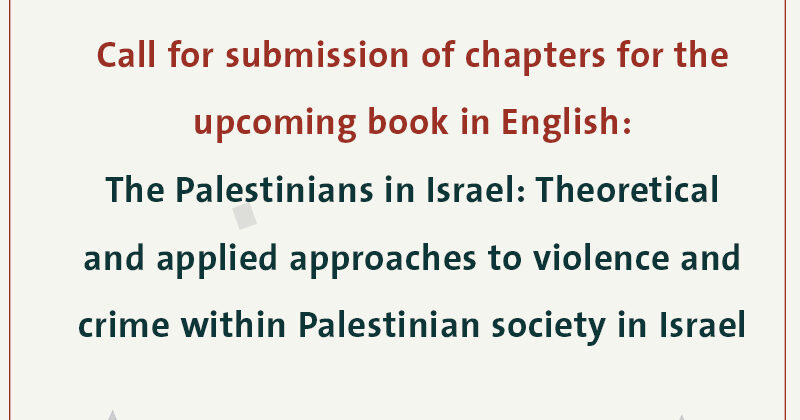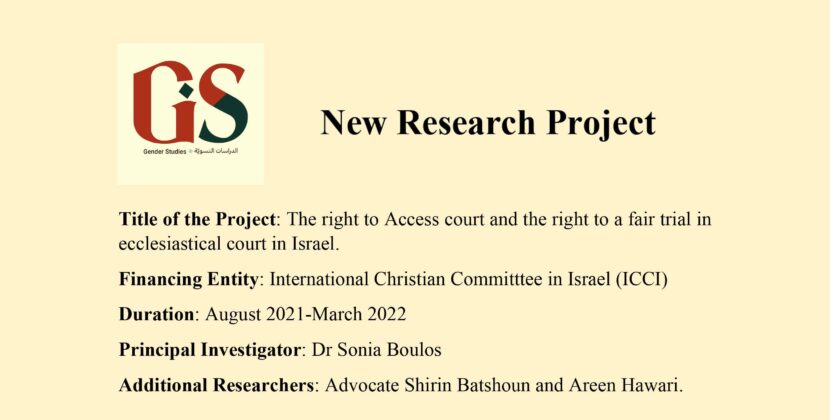 In conjunction with the anniversary of the Nakba, Mada al-Carmel – Arab Center for Applied Social Research organized a seminar to discuss the book, Palestine: a Personal History, with two panelists and the book’s author, Karl Sabbagh, on Tuesday, 21 April 2015.
In conjunction with the anniversary of the Nakba, Mada al-Carmel – Arab Center for Applied Social Research organized a seminar to discuss the book, Palestine: a Personal History, with two panelists and the book’s author, Karl Sabbagh, on Tuesday, 21 April 2015.
The seminar was opened and moderated by Dr. Johnny Mansour, who began by stating that Sabbagh’s book combines macro- and micro-history in its exploration of the history of Palestine as well as the personal history of the writer and his family.
Mr. Atallah Mansour, a retired journalist and another panel speaker, noted in his review that Sabbagh’s family had been influential throughout Palestinian history, due to its many of its members taking-up positions of importance. Including, for example, a member of the Sabbagh family who lived in Safad and had served as advisor to the French Consul in Palestine.
Mr. Mansour also commended the writer’s candidness to remain critical throughout the book of himself, and even of the members of his family.
The seminar concluded with a statement from the book’s author, writer and journalist, Karl Sabbagh, who began by noting that his book was initially meant to target British and American audiences, who normally depend on the Western and/or Zionist writings for their information on the history of Palestine.
 The book is a depiction of Palestinian history up until the year 1948. The author chose this period to explain to readers the foundations of the Israeli-Palestinian conflict, which is typically thought to center on the 1967 occupation.
The book is a depiction of Palestinian history up until the year 1948. The author chose this period to explain to readers the foundations of the Israeli-Palestinian conflict, which is typically thought to center on the 1967 occupation.
In his book, Sabbagh reviews some topics that have been altered by the Western and Zionist narratives, such as the demographics of the region before the Nakba, and the reasons for the stationing of Arab armies in Palestine immediately before the Nakba. Sabbagh stated the Western narrative suggests that Palestine was an empty land, void of a native population, whereas every Palestinian knows this to be false. He also discussed how the Western narrative derived this idea from a novel by Mark Twain. When Twain visited Palestine, he described Marj Ibn-Amer as an area empty of people, yet both Western and Zionist histories refrain from quoting Twain’s description of the Galilee and its vibrant villages.
Sabbagh continued this topic by discussing the Jewish demographic in Palestine before the Nakba and their demands, emphasizing that the small population of Jews had unfeasibly large demands for the land’s resources. As for the Arabic armies, Sabbagh says that the main reason they were stationed in Palestine was for the protection of the partition borders, and to prevent Jewish forces from overstepping their boundaries. Their presence was not, as the Zionist narrative claims, to attack and “cast the Jews into the sea.”
Sabbagh began to intertwine his own personal story into the historical novel after by chance he heard the story of one of his ancestors, Ibrahim Al-Sabbagh, who was an accompanying doctor to Daher Al-Omar. This news encouraged him to research his family history and combine it with the history of Palestine because, as Sabbagh says, every Palestinian has a story and a legacy that permeates and supports the history of Palestine.








